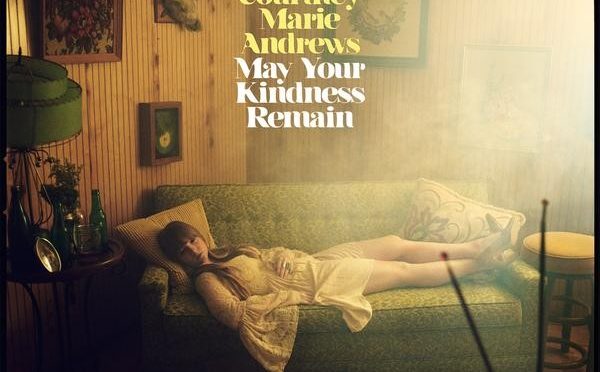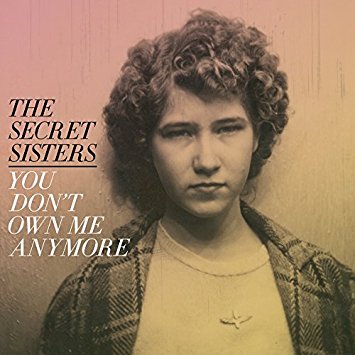Rating: 7/10
How can I actually find a way to properly introduce the great John Prine. If background info seemed superfluous with Willie Nelson, it seems almost ridiculous with John Prine, as that name should be an introduction in and of itself, carrying the legend of the incredible songwriting that has marked his career. Indeed, he wrote one of my favorite songs in “Angel From Montgomery,” and I am nothing but glad to see that with this resurgence of his popularity at this point in his life, new generations are coming around to the fact that Prine is a songwriting genius.
John Prine was never an especially remarkable singer, and time and especially cancer can be cruel to a voice, but that’s not why anyone ever listened to Prine in the first place. If it was a great voice you were looking for, it’s your loss because it’s wisdom and passion which outlast even time and circumstance, and Prine displays both in his songwriting. Anyone looking to become better at this craft should study this album and the music of John Prine, for the man is a world-class wordsmith, and no one can pen songs quite like him.
It’s not just his choice of words or the unique way he can empathize with the world, either. It’s the way he can make death seem like a party in “When I Get to Heaven”–in fact, the very name of this album comes from the name of a nightclub he plans to open in the afterlife. He speaks of starting a band and smoking cigarettes that are nine miles long and makes it all seem like an adventure, all but eliminating the fear of death with this picture of it. He can make us all feel at once sympathetic with the forgotten, lonesome narrator of “Knockin’ on Your Screen Door” and guilty for not helping the less fortunate. With the pictures he paints, he lets us know it’s our business to be more compassionate to people, to understand their circumstances and put ourselves in their place. It’s not preachy because John Prine is not a preacher–he’s a storyteller, and this is a story of the downtrodden that needs to be told. He can even humanize “poor planet Pluto,” as he does in the album highlight, “Lonesome Friends of Science,” the once majestic planet which has now been demoted.
It’s also in that song that he speaks of actually “living” in a place deep inside his mind while collecting his mail in Tennessee. It’s an interesting perspective and one that is common among songwriters and other creative souls, as they interpret the world with deeper emotion and unique insight, feeling things from deep within and letting their imaginations run free. It’s certainly from a place like that where songs like “Egg & Daughter Nite, Lincoln Nebraska, 1967, (crazy Bone)” originate; yes, that’s a real title here on this album, and yes, the song is about as strange as that title would imply. But it’s a cheerful reminder for us all to stay weird if nothing else.
Dave Cobb was, for the most part, a good producer for this because he knows how to get out of the way of an artist and let their lyrics be the focal point. This is pretty minimalist in its approach, and usually, that serves Prine well. There’s some upbeat, cheerful acoustic guitar in “Knockin’ on Your Screen door” which helps to give that track some life, and some lively drums and more energetic production to help the humorous “Crazy Bone.” The piano adds to “Lonesome Friends of Science” as well, creating a nice interlude in the middle of that track. There are some collaborators, most notably Jason Isbell, Amanda Shires, and Brandi Carlile, and they do their part to enhance, rather than take away from, the lyrics. Prine and his words are always the main focus.
Still, it does feel like sometimes John Prine is left too exposed by the production. “Summer’s End,” for example, could have done with a bit more, especially at the beginning, as it sounds sort of unfinished. “NO Ordinary Blue” could have benefited from some collaboration to support the vocals as well, and “Caravan of Fools” just feels like it needed something else, maybe some strings or piano to add to it. There are some strings which come in at the very end, but they would have served the song better if they’d come in earlier. It’s an odd thing to say because a record usually suffers from the opposite when it comes to production issues, but this one is underproduced in places.
As for John Prine himself, this album proves why he’s become so popular again later in his life, why people are once again taking notice of his songs and his career. It’s because he is a songwriter like no other, and people recognize that wisdom and talent when they hear it. They admire his compassion and love the weirdness and wit which separates him from many of his contemporaries. On a side note, this record is also a great case for the fact that artists don’t magically stop having something relevant or profound to say when they’ve reached a certain age or point in their careers–it’s a lesson Americana knows well but which country needs to learn. Aspiring songwriters and fans of good music, acquaint yourself with Jon Prine. This is just another good place to begin.



